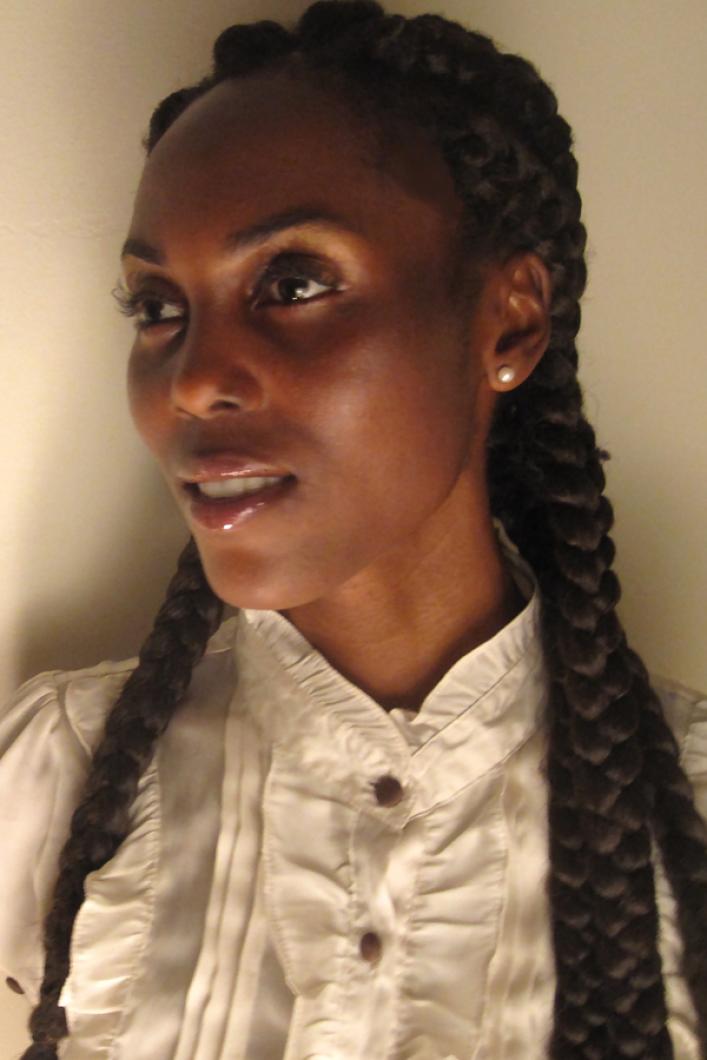It’s the singer, not the song or is it? After all, it is the melody that lingers, the words that capture the undefinable. Songs are mercurial things, each having a mystery path — so far from the iPod or radio dial — that evades the fan. But next weekend, at various locations across the Island, the Martha’s Vineyard Songwriters Festival brings a dozen of the nation’s best songwriters together to celebrate songs, stories and each other.
Some are established, a few are almost legends and several are embarking. It is the best of songs you know, and songs that will soon define the airwaves. Whether it’s country, progressive rock, urban or traditional singer/songwriters, these men and woman create the songs that America has taken as their own for four decades — and their creativity continues.
All songs come from somewhere, the product of life experience, talent and magic. Here are three of the writers, one of the business people who helped bring the festival together all offering their insight into what they do and why it matters. From Alan Jackson to Levon Helm, Lady Antebellum to Lisa Loeb, these songs span genres, labels and time – and for one weekend, they will be brought to life by the people who created them.
Tom Douglas was 41 years old, leasing shopping center space in Texas when he got news that Little Rock, a song he’d written because he needed to, was going to be cut by Collin Raye, an at-the-time, big-time country star. Douglas was 13 years out of Nashville, 13 years away from the dream — and a visit with an old friend and record producer named Paul Worley resulted in Mr. Douglas handing him a cassette tape of the song.
Little Rock went to number one. For two weeks. It was his first cut. It was his first number one.
It was a song about an alcoholic trying to figure out what had happened, how to rebuild his life, the struggle to stay sober, regain dignity and make amends to the people he’d hurt. It was about tentative first steps — and it struck a chord with an entire nation.
Since then, Douglas has had over 100 songs recorded. I Run To You earned now-pop-crossover sensations Lady Antebellum their first Grammy Award for Best Country Performance by a Duo or Group. The House That Built Me was recently nominated for Song and Single of the Year for this fall’s Country Music Association Awards, helping firebrand female Miranda Lambert to nine nominations, the most ever for a woman.
“I’d gone to college, grad school, pursued my dream for four years,” Douglas recalls. “Then I met my wife, knew she was the one, moved to Texas and left it all behind for 13 years. In 1997, I came back with Little Rock. I was 41 and I didn’t care about the external validations or trying to please anybody.
“I was finding my own voice, trying to change myself. The songs became about redemption, hope, faith, starting over, God. The songs were almost like prayers to me — and it’s a place for me to seek truth more than it’s about getting Blake Shelton to cut it. When I do that, I go astray.
“Though, don’t kid yourself, I want someone to cut it!”
Kylie Sackley was 19 when she made two 10-week trips to Nashville in 2002. She’d had a Top Five single, opened shows for Keith Urban and won the Australian equivalent of the Country Music Association’s Horizon Award, given for greatest career growth.
In January of 2003, she packed her bags and moved halfway around the world. Initially, she thought she wanted to be an artist. The more she was around the songwriters’ community of Music City, the more she realized what she really wanted to do was write. In short order, she’d written a Top Five for LeAnn Rimes with the exuberant Nothin’ Bout Love Makes Sense, followed by Faith Hill’s equally bright-hearted Sunshine & Summertime.
“I was hell-bent and on a mission,” she laughs. “I was gonna take my music to the world, so I just got on a plane and flew around the world to do it! And I’m glad I did it then, because I’d toured and had my first hit single by the time I would’ve been getting out of college.”
Sackley — who appears with Douglas and noted producer Keith Stegall at Union Chapel — just had one of the highest honors any songwriter can hope for: Alan Jackson recorded her It’s Just that Way. Cowritten with Stegall, the song captures the basic truth of the human condition. It was also a dream come true for the bubbling Australian.
“I burst into tears when I heard it,” she confesses. “Very, very happy tears, because I grew up on his music. It was a big part of what I came up on. But it’s very surreal hearing a line you wrote coming out of his mouth.”
Sackley hasn’t met the tall, slow-talking country classicist, yet. “But it’s on my bucket list!”
Thom Schuyler is becoming one of the eminence gris of Nashville’s fabled Music Row. A recording artist, a record company president, now a professor of songwriting at Belmont University, Schuyler’s always been a songwriter. With songs recorded by George Strait, Levon Helm, the Judds, Dobie Gray, Lisa Loeb, Tony Rice and many more, his song 16th Avenue is both the anthem and the benediction of Nashville’s true creative community with its refrain of “God bless the boys, who make the noise, on 16th Avenue.”
It was a number one hit for an unlikely female star: gravel-throated West Coast biker chick/blues belter Lacy J. Dalton. As unlikely a star as Dalton was, Schuyler admits the notion of the song even getting cut was unthinkable. As he says, “I’m still flabbergasted it was ever recorded, let alone was such a significant hit in her career.
“When I moved here as a 25-year-old guy with stars in my eyes, full of piss and vinegar, I wrote it as this young guy who’d fallen in love with the dream, who was ready to take on the world — and tell all the stories through songs. It diminishes maybe over time, but I think the essence of songs, what makes them connect, remains the same.”
Schuyler should know. He’s also written the intricately-detailed My Old Yellow Car for Dan Seals (half of England Dan & John Ford Coley) and A Long Line of Love for Michael Martin Murphy, both songs grounded in the deeper emotional planes of the things that make lives matter. It is a simple principle, often discarded in the land of beats, loops and glossy production.
“As simple as you can get, just raw expression,” Schuyler explains. “There’s a heartache nerve and a monkey nerve and you wanna hit one of em. Even 16th Avenue, which is complicated lyrically, is pretty straightforward, basic language. That’s the essence of great songs.”
“There’s a lot of disposable rap stuff that’ll be forgotten maybe,” admits BMI vice president Charlie Feldman. “But great songs last.
“Songs and the singers who sing them still move people and mark their lives. If you put commerce in one bucket, you look at the number of people consuming songs and artists, it’s more than ever. The challenge is keeping people valuing these things in a way that allows the artists and writers to keep creating, keep striving, keep reaching for the next great song ”
Feldman, who’s one of the spearheads behind the Martha’s Vineyard Songwriters Festival, believes it’s about supporting the writers — and also keeping them inspired. The goals for the dozen writers who’re coming — some like Douglas, Schuyler, Stegall and Even Stevens are established; many like New Yorker Toby Lightman, Detroit’s Miyani and Laura Warshauer, who’s finishing her first album with Thom Panunzio, known for his production on Stevie Nicks’ Street Angel — is to energize through connection with audiences and enrich them by exposure to each other and unknown places.
“Last year, I’d rented a car and I took a few writers up to Chilmark,” Feldman recalls. “It was one of the prettiest days of the year, and we went to a little fish market up there We got some lobster and chowder, sat on the crates out behind the place (Larsen's) and watched the ocean and just talked, about life, songs, where creativity comes from.
“That feeds the soul as much as seeing people respond to the songs.”
The response is still critical. Contrary to the notion that songs are sausage from a factory, living, breathing people invest their hearts, their memories and intentions in them. As Schuyler, now a lifer, confesses, “I get encouragement to do what I do. The songs people respond to, they’re often the ones that have the most investment for me personally and that reminds me what’s important.
“If I’d spent 35 years trying to write three and a half minute hit songs for some artist, I’d’ve killed myself.”
Douglas concurs. “The reality is: I’m a desperate person. Absolutely, unequivocally, which makes me vulnerable and it’s in that connection (with others) that I know it’s okay. It’s where we’re supposed to be.
“If these songs are anything, it’s commentary on the fractured and the broken, because we’re all just stumbling on together, kind of lost and trying to find our way and when you realize it’s the same struggle, whether it’s Franklin, Tennessee or Martha’s Vineyard, I think you’ve got somewhere to start from. To me, that’s the power of the songs and it’s what keeps me coming back.”
The festival takes place on Friday and Saturday, Sept. 24 and 25. at the Union Chapel in Oak Bluffs. For a complete schedule, visit mvswf.com. Advance tickets for each show are $25; admission for both nights of performances is also available in advance for $40. To purchase tickets, visit ticketsMV.com.







Comments
Comment policy »